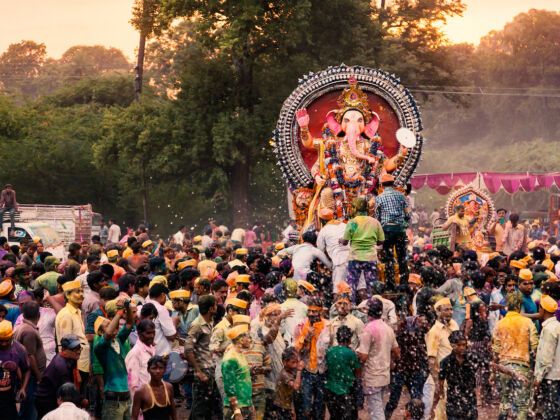Speaking with author Amit Majmudar, I realize how new the world has become. The writer/radiologist from Columbus, Ohio, sounds as young as the guys in the bars in the East Village where I live. (He is 33.) But I emphasize new, not young. The world becomes new when defined in new ways instead of by old interpretations.
Our long phone conversation was to talk about his new novel, The Abundance, about an Indian-American mother of two grown children in Cleveland dying of cancer. A novel in the American tradition of second-generation reinvention played off against first-generation ties to country and culture of origin.
